

2019-07-30 15:33:00 Tue ET
stock market competition macrofinance stock return s&p 500 financial crisis financial deregulation bank oligarchy systemic risk asset market stabilization asset price fluctuations regulation capital financial stability dodd-frank
All of the 18 systemically important banks pass the annual Federal Reserve stress tests. Many of the largest lenders announce higher cash payouts to shareholders in the wake of the stress test results as of mid-2019. The total cash dividends and share repurchases can exceed $150 billion.
In response, Deutsche Bank experiences 4%+ share price gains, and JPMorgan Chase, Bank of America, and Goldman Sachs reap sharp share price increases about 2%. All of these banks now maintain more than 4.5% common equity Tier 1 capital ratios, and their supplemental bank leverage ratios are well above the 3% regulatory minimum requirement. As the annual Federal Reserve macro stress test results indicate, all of the systemically important banks hold sufficient core equity capital to safeguard against extreme losses that might arise in rare times of severe financial stress. As a result, the Federal Reserve expects these banks to remain profitable with better survival likelihood to disgorge cash to their shareholders in adverse macroeconomic scenarios. Specific macroeconomic scenarios include a 30% decline in real estate prices and a high unemployment rate with double digits. Overall, all the systemically important banks can absorb severe post-crisis losses with sufficient cash capital utilization for subsequent shareholder payout.
If any of our AYA Analytica financial health memos (FHM), blog posts, ebooks, newsletters, and notifications etc, or any other form of online content curation, involves potential copyright concerns, please feel free to contact us at service@ayafintech.network so that we can remove relevant content in response to any such request within a reasonable time frame.
2018-08-29 10:37:00 Wednesday ET
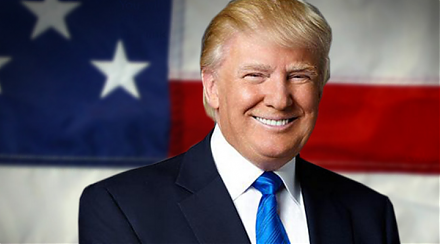
In an exclusive interview with Bloomberg, President Trump criticizes the World Trade Organization (WTO), proposes indexing capital gains taxes to inflation
2019-09-17 08:33:00 Tuesday ET
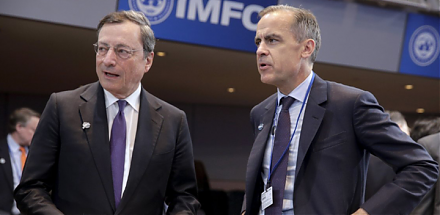
Global stock market investors foresee the harbinger of a major economic downturn. Many stock market investors become anxious due to negative term spreads an
2019-10-25 07:49:00 Friday ET
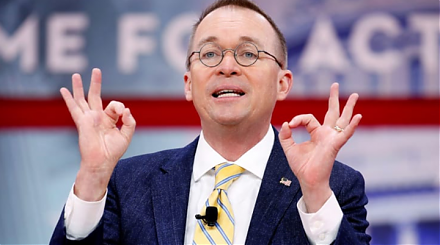
U.S. fiscal budget deficit hits $1 trillion or the highest level in 7 years. The current U.S. Treasury fiscal budget deficit rises from $779 billion to $1.0
2019-03-21 12:33:00 Thursday ET
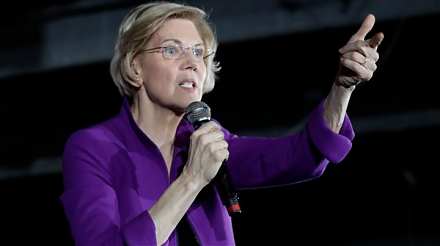
Senator Elizabeth Warren proposes breaking up key tech titans such as Facebook, Apple, Microsoft, Google, and Amazon (FAMGA). These tech titans have become
2020-10-27 07:43:00 Tuesday ET

Most agile lean enterprises often choose to cut costs strategically to make their respective business models fit for growth. Vinay Couto, John Plansky,
2019-04-05 08:25:00 Friday ET
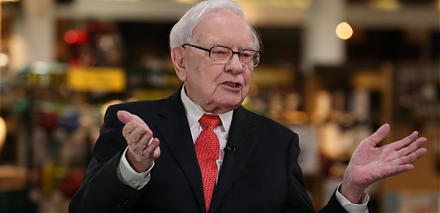
Warren Buffett places his $58 billion stock bets on Apple, American Express, and Goldman Sachs. Berkshire Hathaway owns $18 billion equity stakes in America